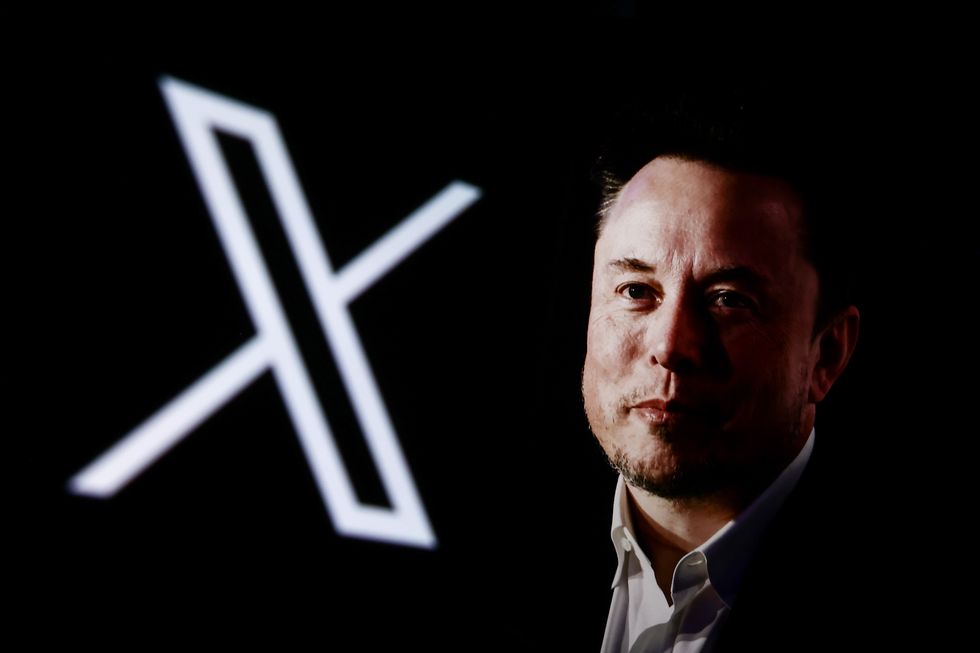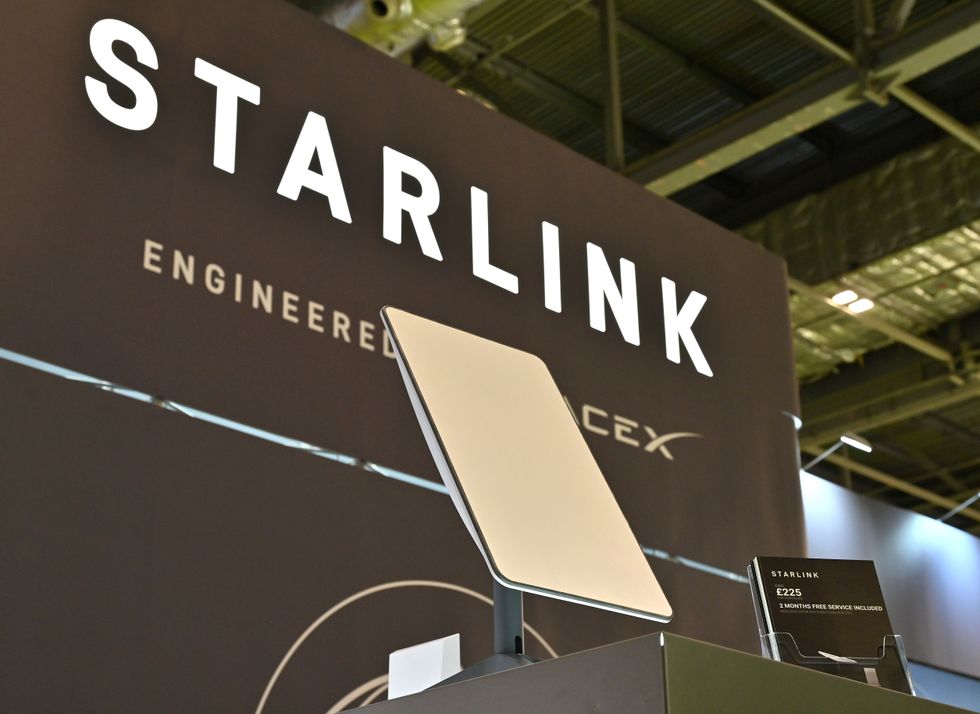Do you use X? Let’s assume you do. What, then, would you do if X was banned in Britain? Would you, in spite of never breaking the law in your life, seek to get around the prohibition? In short, and at its most melodramatic, would you risk prison rather than abandoning Elon Musk’s vision of free speech?
I’ll return with my answers to those questions shortly. First though, consider where we are. Elon Musk is now, and having had every intention of putting himself there, in the political line of fire. On Monday, for example, the leaders of the UK, France, Germany and Norway all issued condemnations of ‘foreign interference’ in their domestic affairs. They were not overtly joint statements, some didn’t even mention Musk. But, since all four were issued within an hour of each other, we can assume this was a co-ordinated effort by centre-left leaders to fire a warning shot in Musk’s direction. None of them threatened to ban X. None of them, after all, would want their country to join the list of predominantly autocratic nations which have taken that step. That list? China, Russia, North Korea, Turkmenistan, Myanmar, Iran, Pakistan, Venezuela and Brazil.
But there are other ways to skin a cat, even one with claws as sharp as Musk. On the same day those European leaders were issuing their communiques, a Tweet from an X account in the English Midlands pointed to the tactic more likely to be employed by those who want to do Musk down.

Andrew Griffith MP stated that Elon Musk might “have saved humanity” by buying X.
Getty Images
It came in the form of a post on X from Derbyshire Police, announcing that it was scaling back its use of the social media platform. The constabulary, funded by taxes you have no choice but to pay, had reviewed its communication policies, concluding that “our communities are no longer on X”. We’ve heard this sort of opaque language from publicly funded bodies before. Charities, for instance, who announce they are leaving X because it no longer “aligns with our values”. We can hazard a guess what those “values” are, but what matters here is the method. Slowly, ineluctably – a police force here, an NHS trust there – X is being delegitimised.
Now, there is nothing wrong with private individuals or companies abandoning X. There’s no rule which says a company must keep using a service it finds unethical. Indeed, the Guardian stopped posting on X in November and businesses like Disney no longer advertise there. But for organisations which depend on the public purse to ditch X? That’s a different proposition.
What’s at stake? Well, if you believe an erstwhile colleague of mine, pretty much everything. This week we heard from someone I notionally worked with at Sky TV (he was a senior executive, and I just a humble on-air hack). Andrew Griffith MP is now a shadow cabinet minister. His words amount to a revelation. He wrote that X meant “public opinion [was] no longer determined by a left-leaning elite”, adding “recent political earthquakes in the US, the UK and now Canada are a release of pent up democratic will, as citizens regain their ability to speak freely.” Griffith likened the impact of X to that of Gutenberg’s printing press and that by buying the platform, Elon Musk might “have saved humanity”.
So, for some conservatives, X is a very big deal. For leftists, like Starmer, it’s a very big problem. Who will win? It’s tempting to think that a drip-feed of departures by publicly funded organisations and woke corporations will kill it off. But that’s to ignore the extraordinary cat’s cradle which Elon Musk sits right at the middle of. Almost every option available to Musk’s enemies is consequential.

Starlink are reportedly in talks to provide the tech for all Italy’s official government communications.
Getty Images
Yes, a woke celebrity can join the rush to the door away from X. But that means squandering all those millions of hard-won followers, who – put brutally – do amount to a kind of currency. Yes, a liberal environmentalist can castigate Musk at a dinner party, but that’s still his Tesla parked outside for the ride home. And yes, centre left government’s can use regulators like Britain’s Ofcom to clip Musk’s wings, but – given his proximity to power in the White House – is it really worth soliciting Trump’s fury just to make X go quiet?
All of which brings me back to the questions I posed at the start. Given how important X is becoming (if you believe Andrew Griffith MP), would its adherents go to the wall in its defence? I think some would. Will it come to that? I think not. But you can see how things might play out. Again, just this week, a clue. On the day those left-wing European leaders took their swipe at Musk, Europe’s leading right winger met him at Mar-a-Lago. Italian Prime Minister, Giorgia Meloni, was reportedly discussing a $1.6bn deal that would see Musk’s Starlink satellites provide the tech for all Italy’s official government communications.
Musk has powerful friends. But, because he’s also a technological genius, having his finger in so many pies gives him options denied to lesser mortals. Those Starlink satellites which Meloni’s government might use? They theoretically make it possible to access X, even when governments hostile to the platform try to block access.
Musk is a one man Black Swan, an ungovernable force of nature, a modern day Leonardo and, if Walter Isaacson’s brilliant biography is to be believed, a bit of a pain in the arse. But he might just be what the West needs to avoid oblivion. Would I to go to the wall for him? No. But I think lots of people would.